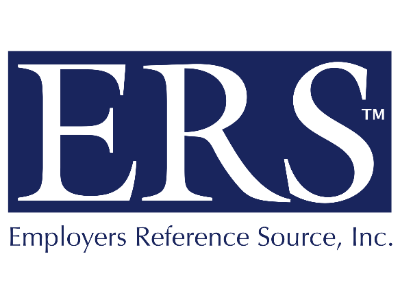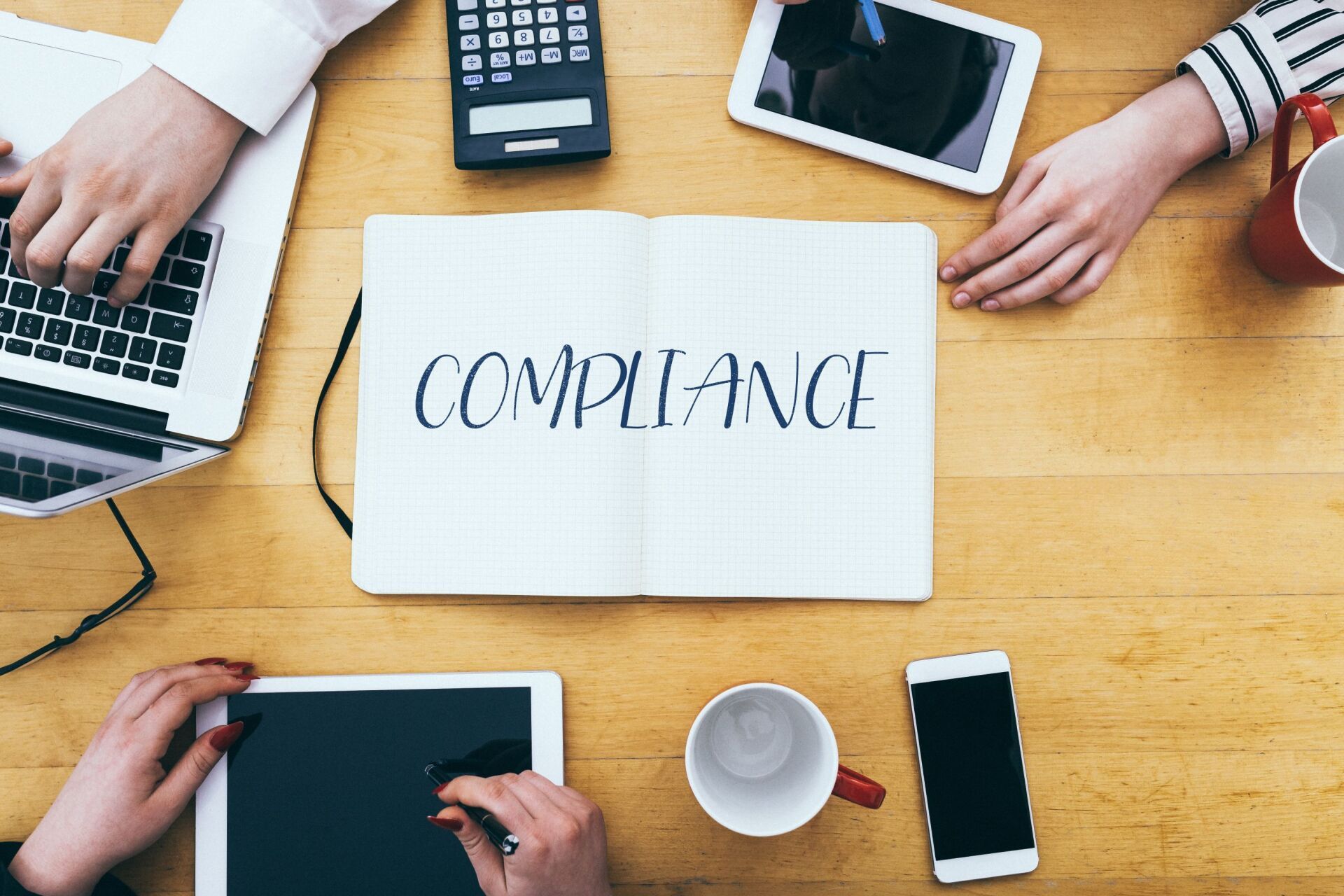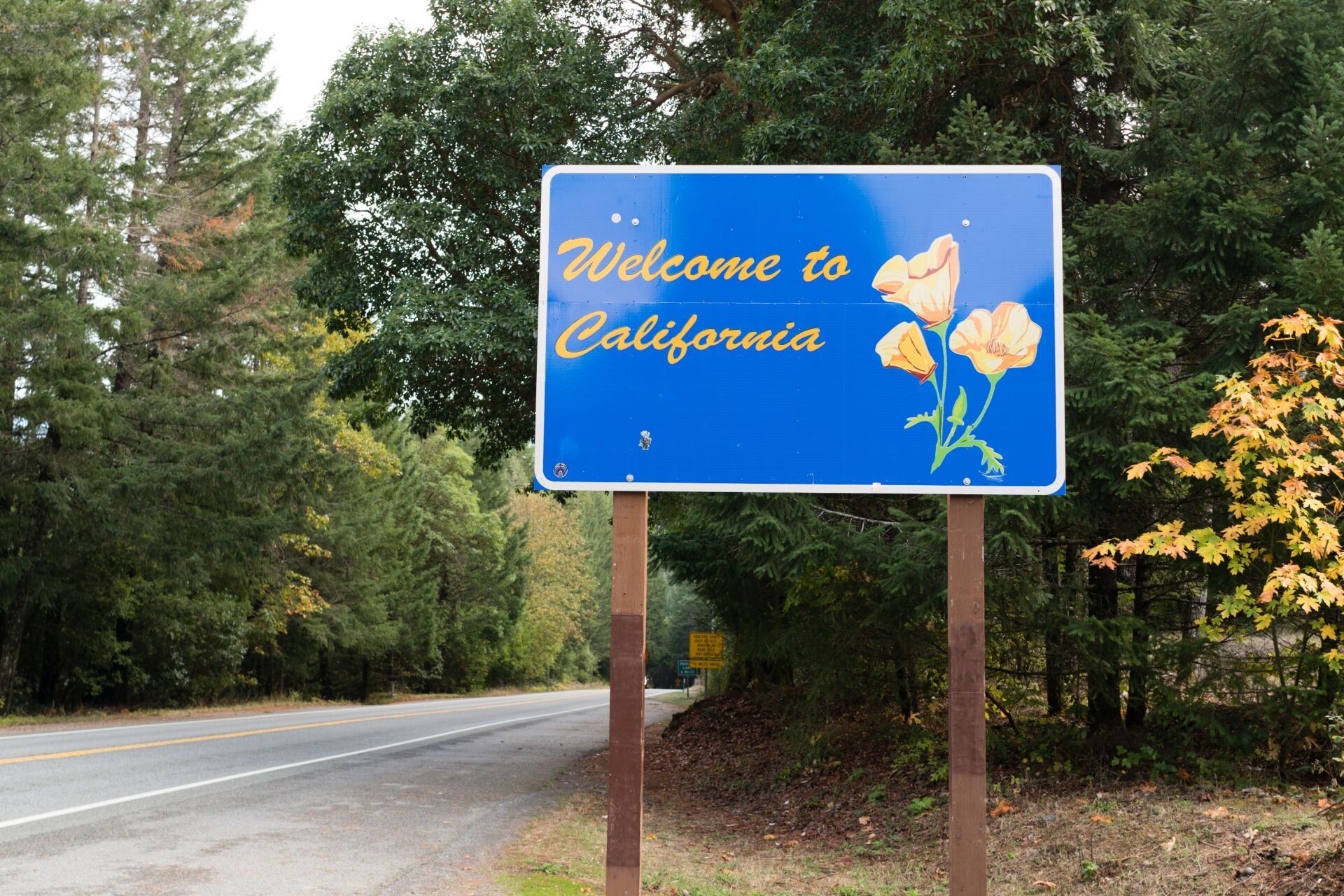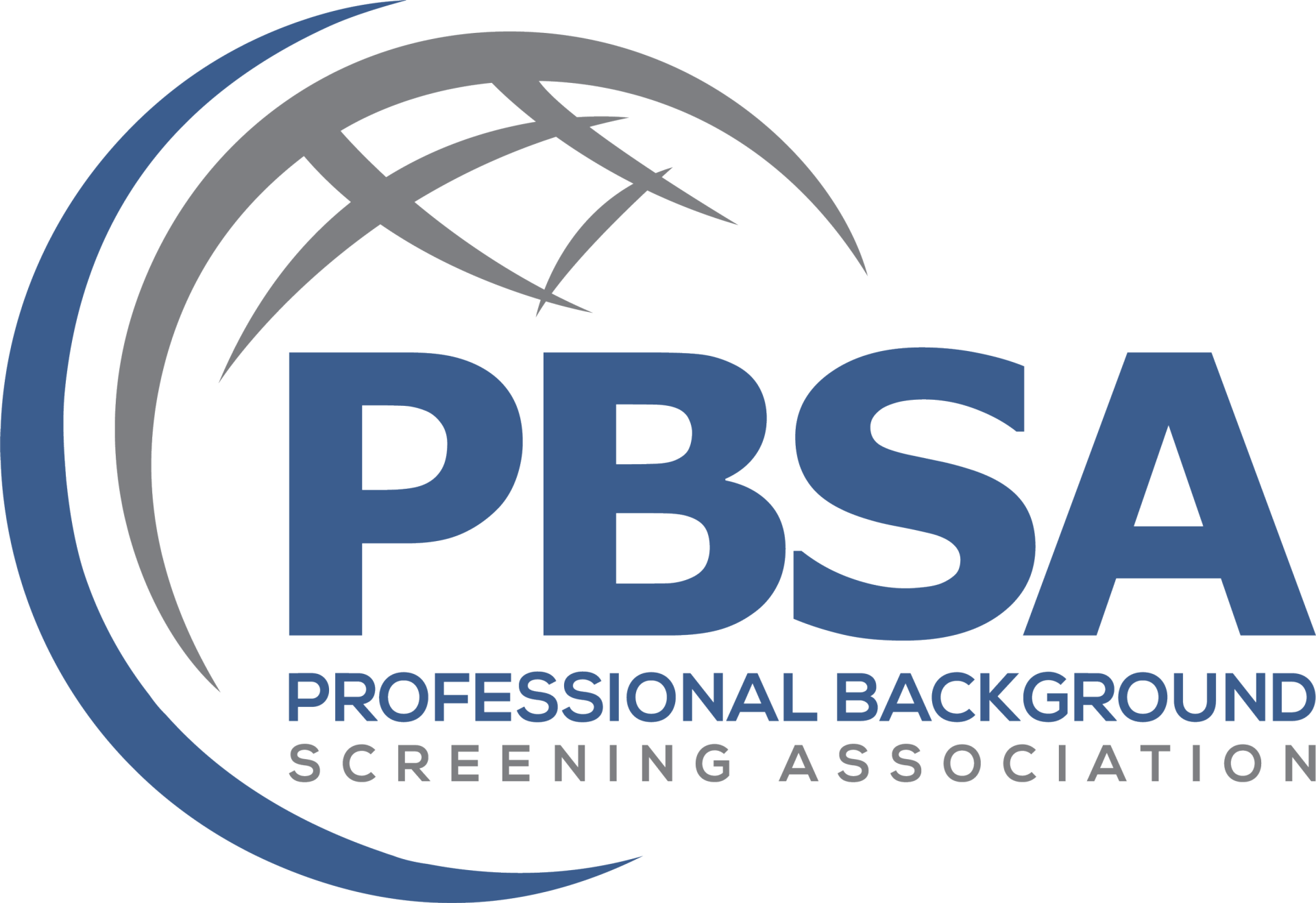What Information Will I Receive From a Criminal Screening?
Background checks are a valuable tool for ensuring the safety and reliability of your current workforce and potential hires. Criminal record screenings can contribute to employee and customer safety, can help protect you from claims of negligent hiring, and help ensure compliance with pertinent regulations. Federal guidelines and varying state and local laws govern how and when criminal background checks may be performed and how that information may be used in the hiring process.
Details in a Criminal Background Check
Criminal record screening can include investigations of federal, state, and local documentation for settled and pending cases and related records. Typically, criminal background checks include details of charges, disposition, and sentencing for:
- Felony Criminal Convictions — These charges vary by jurisdiction but can include murder, aggravated assault, arson, sex crimes, extortion, identity theft, perjury, and others. Felony convictions are generally reported no matter when they occurred, though some jurisdictions place a seven to ten year limit on reporting.
- Misdemeanor Criminal Convictions — These less serious charges vary more widely among jurisdictions and may include drunk driving, trespassing, public intoxication, vandalism, petty theft, simple assault, and others. Misdemeanor conviction reporting can be limited to a number of previous years or indefinitely, depending on the jurisdiction.
- Infractions — These are petty offenses such as littering, jaywalking, disturbing the peace, and similar violations. According to federal law, these may only be reported from the previous seven years.
Cases which did not result in a conviction are generally not included in criminal record reports. Other related information which may be part of a screening includes:
- Arrests and Active Warrants
- Incarcerations
- Sex Offender Registry Status
Using Criminal Screening Data
Federal, state, and local regulations determine what information is available in screenings, how long it is available, and how it may be used in hiring and employment processes. Fair hiring regulations and job- and industry-specific compliance requirements may also affect the type and depth of criminal screening data gathered and how and when it may be used by employers.
At Employers Reference Source, Inc., our mission is to provide you with straightforward background check solutions to simplify and inform your hiring and employment decisions in compliance with relevant regulations and requirements. Contact us today to learn more about our full suite of screening services.










